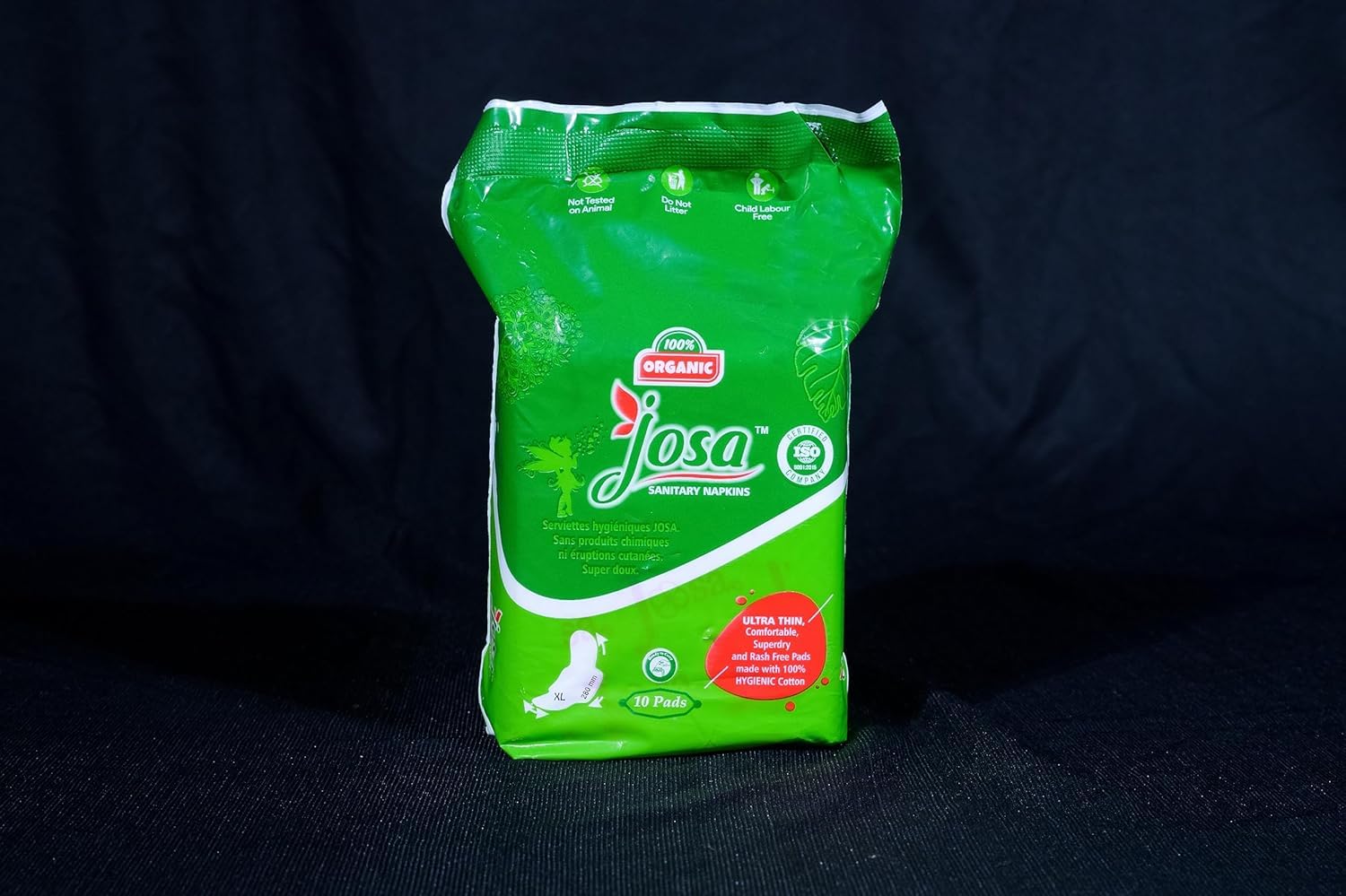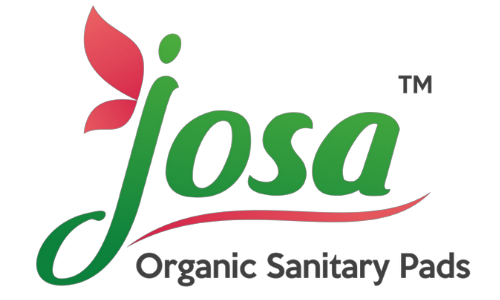
You have heard it all before. Regular Pads Vs Biodegradable Sanitary Pads. Even though both sides of the argument have compelling arguments, the discussion never ends and is back and forth.
Menstruation is experienced by more than half of the world's population about 3.5 billion people. In India, an estimated 355 million women and girls menstruate. Choosing sanitary pads has an impact that goes well beyond personal comfort because of the large number of users.
Just when you're feeling confident and looking great at a party, all of a sudden! Leakage or discomfort occurs, turning your period into a fashion and comfort nightmare. However, things don't have to be this way. These are why your reliable pad could ruin the fun, and how organic cotton pads can turn into the unsung hero you require. Buckle up, because we will explore 11 issues with conventional pads and how organic cotton provides a comfortable, healthful.
How Regular Pads Sabotage Your Life's Precious Moments
Health Concerns
She warned, "Regular sanitary pads contain a lot of plastic, which can cause skin irritation and allergic responses. Organic pads are constructed of an absorbent organic cellulose core that keeps moisture from escaping, and a silky organic cotton cover that allows your skin to breathe.
2. Allergic Reactions
Some people may be allergic to certain substances found in traditional pads. This might cause redness, swelling, and discomfort in the vaginal area.
3. Toxic exposure
Traditional pad manufacturers may use harsh chemicals such as chlorine bleaching. While trace levels remain in the finished product, some research raises concerns about long-term health consequences.
4. Yeast Infection Concerns
Traditional Regular Pads' non-breathable nature can trap moisture and heat, providing an environment conducive to yeast growth. This can result in yeast infections characterized by itching, burning, and discharge.
5. Potential Endocrine Disruption
Certain chemicals contained in conventional pads may mimic estrogen, a hormone that might disturb the body's normal hormonal balance. The long-term ramifications of this are still being investigated.
Environmental Impact:
Regular pads are usually composed of non-biodegradable materials like plastic. According to Down to Earth , around 12.3 billion sanitary napkins—amounting to 113,000 tonnes of waste—reach India's landfills every year. These pads might take hundreds of years to degrade in landfills.
7. Microplastic Pollution:
Traditional pads frequently include plastic fibers that might be shed while in use. These microplastics can contaminate streams and endanger wildlife.
8. Water Consumption
Conventional cotton farming in standard pads demands a large amount of water. The World Wildlife Fund (WWF) estimates that it requires approximately 2,700 gallons of water to produce only one kilogram of cotton.
Experience and Performance
Regular pads may not always provide reliable leak protection, especially during heavy flow days or active lifestyles.
10. Bulkiness and Discomfort
Traditional pads can feel bulky and uncomfortable, particularly during extended wear.
11. Odor Concerns
Synthetic materials in regular pads can trap odor-causing bacteria.
HOW ORGANIC BIODEGRADABLE SANITARY PADS ARE A BETTER CHOICE
They are constructed from plant cellulose, a natural material with numerous environmental and health benefits. These pads can absorb up to ten times their weight in fluids without leaving you wet or unpleasant. This allows ladies to go about their day without worrying about leakage. Organic disposable pads might help women save money.
What are Organic Biodegradable Pads made of?
Why are Josa Organic Biodegradable Pads better than Regular Pads for Women?
Josa is a women-founded enterprise. The creator was all too familiar with the irritation and pain of using traditional sanitary pads. She questioned if the pads she used were causing the severe rashes and itching.
She realized that the pads she was using were composed of plastic and contained dangerous cancer-causing substances.
She pondered converting to cloth for a while after becoming dissatisfied with the alternatives offered. The sensation of utilizing cloth pads was far more relaxing. And that's when the concept of creating a proper product out of a substance that doesn't harm women or the environment emerged.
To summarize, women can now obtain two varieties of organic sanitary pads at Josa:
Antimicrobial, Compostable Assorted Sizes Cotton Pads
Economical Sanitary Pads

